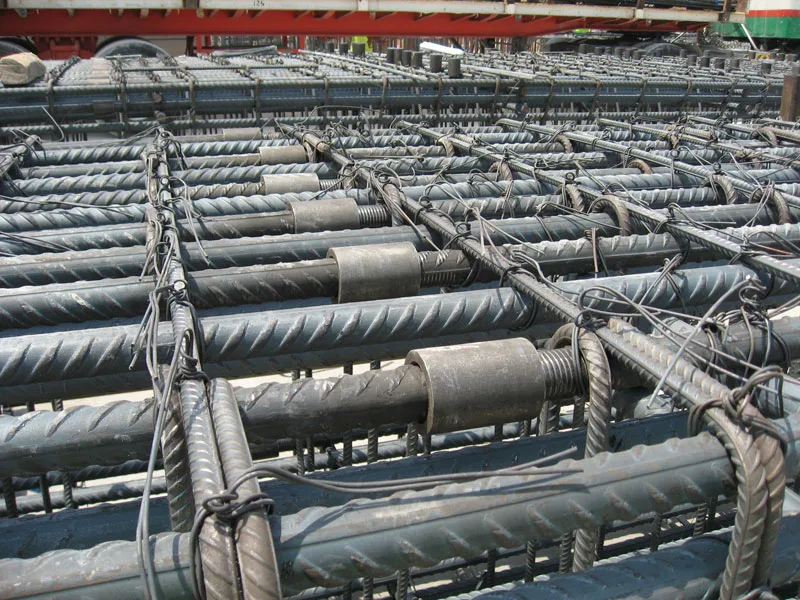Concrete is one of the most widely used construction materials globally, known for its versatility, durability, and compressive strength. However, concrete has a low tensile strength, which makes it susceptible to cracking under tension. To overcome this weakness, reinforcement bars, or rebars, are embedded within the concrete to provide the necessary tensile strength. Regarding connecting these rebars, rebar couplers have emerged as a game-changer in the construction industry. In this blog post, we’ll explore how rebar couplers enhance concrete structures and revolutionise the way we build.
Increased structural integrity
reinforcing bar couplers provide a secure and reliable connection between rebar sections, ensuring the continuous transfer of tensile forces throughout the concrete structure. Unlike traditional lap splicing, where the rebar overlap can be insufficient or prone to slippage, couplers create a strong mechanical connection that maintains the structural integrity of the reinforced concrete. This enhanced connection reduces the risk of structural failures, making the building safer and more resilient.
Improved construction efficiency
Using rebar couplers significantly streamlines the construction process. Traditional lap splicing requires longer rebar lengths and more complex rebar arrangements, which can be time-consuming and labour-intensive. In contrast, couplers allow for shorter rebar lengths and simpler layouts, reducing the rebar needed and simplifying the installation process. This efficiency translates to faster construction timelines, lower labour costs, and increased productivity on the construction site.
Reduced rebar congestion
In heavily reinforced concrete structures, such as high-rise buildings or bridges, rebar congestion can be a significant challenge. When too many rebars are clustered, ensuring proper concrete placement and consolidation becomes easier, leading to potential voids or weak spots in the concrete. Rebar couplers help mitigate this issue by allowing shorter lap lengths and more organised rebar arrangements. Couplers facilitate better concrete flow and consolidation by reducing rebar congestion, resulting in a higher-quality and more durable concrete structure.
Enhanced flexibility in design
Rebar couplers offer greater flexibility in the design of concrete structures. They allow for creating complex rebar configurations and connecting rebars at various angles and orientations. This flexibility is particularly beneficial in structures with irregular shapes or intricate load distribution requirements. With couplers, designers can optimise rebar placement to efficiently transfer loads and accommodate unique structural demands, leading to more innovative and efficient concrete designs.
Improved seismic performance
In regions prone to seismic activity, the structure withstand earthquakes is of utmost importance. Rebar couplers play a crucial role in enhancing the seismic performance of concrete structures. During an earthquake, the structure undergoes significant stress and deformation. Couplers provide a ductile and flexible connection between rebar sections, allowing for controlled yielding and energy dissipation. This ductility helps prevent sudden structural failures and improves the overall seismic resilience of the building.
Corrosion resistance
Corrosion of reinforcement bars is a major concern in concrete structures, especially those exposed to harsh environments or corrosive agents. Corroded rebars can reduce structural capacity, cracking, and even structural failures. Many rebar couplers are designed with corrosion-resistant materials, such as stainless steel or protective coatings, to mitigate the risk of corrosion.
In conclusion, rebar couplers have revolutionised the way we build with concrete. Couplers enhance the structural integrity, efficiency, and performance of concrete structures by providing strong, reliable, and flexible connections between rebar sections.

